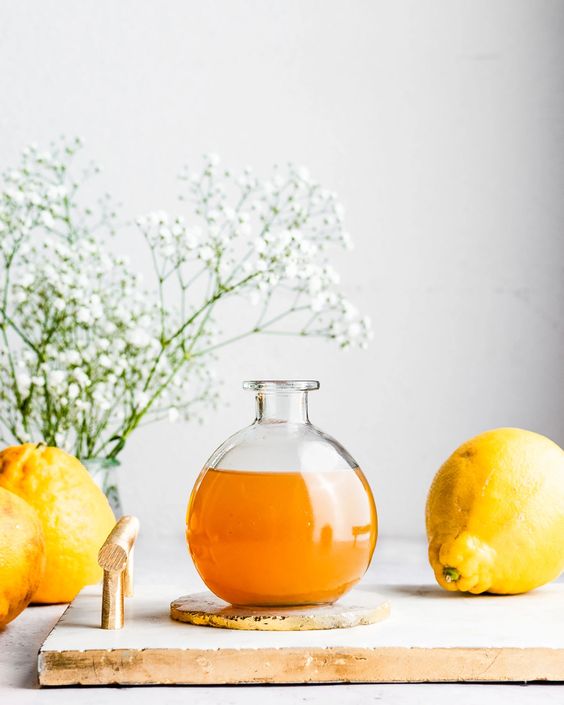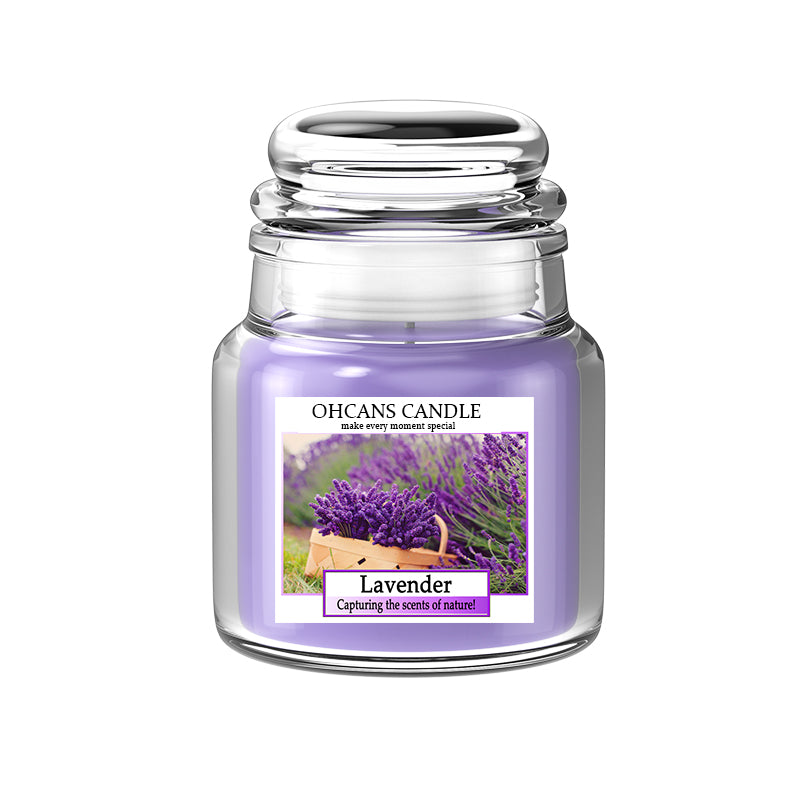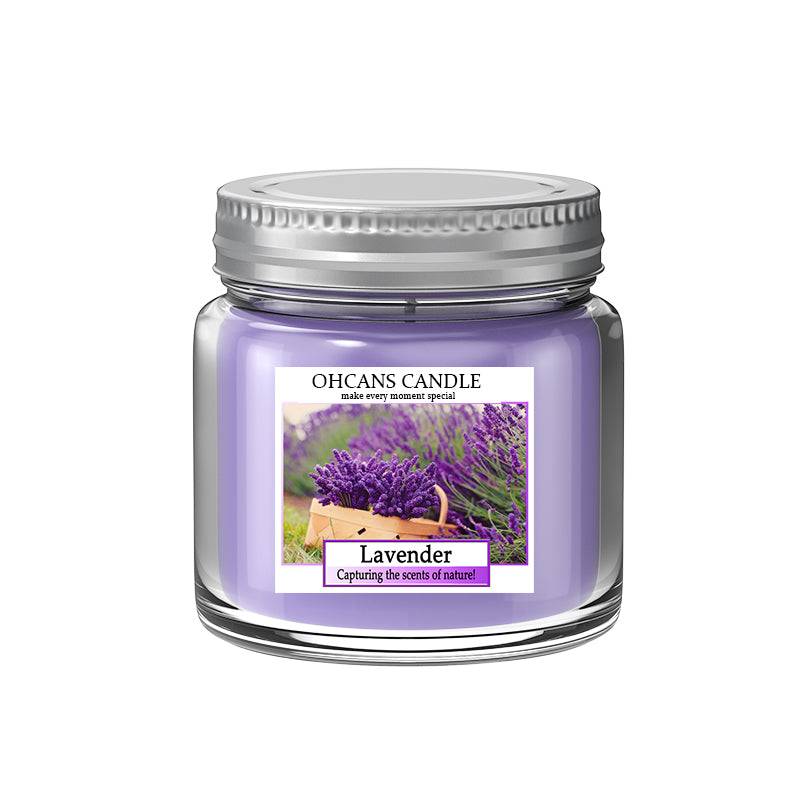Discover the Enchanting Scent of Bergamot: What Does Bergamot Smell Like in 2024?

Exploring Bergamot's Enchanting Scent
Embark on a fragrant journey to uncover the captivating scent of bergamot. Known for its unique and enchanting aroma, bergamot fragrance is truly one-of-a-kind. The aroma of bergamot is often described as citrusy, fresh, and uplifting, with hints of floral and spicy undertones. It exudes a delightful combination of sweetness and tartness that instantly invigorates the senses. Whether in perfumes, candles, or skincare products, the aroma of bergamot adds a touch of elegance and sophistication. Join us as we delve deeper into the mesmerizing scent profile of bergamot and explore its various applications.
Tracing Bergamot's Origin and Historical Significance
The Origins of Bergamot
Bergamot, with its captivating scent profile, has a rich history that dates back centuries. This citrus fruit is believed to have originated in Southeast Asia, specifically in the tropical regions of Indonesia. Over time, it made its way to Europe, where it found a new home in the sunny region of Calabria, Italy. Today, Calabria remains one of the primary regions where bergamot is cultivated.
Bergamot's Journey Through History
Throughout history, bergamot has been cherished for its aromatic properties and diverse uses. In various cultures around the world, bergamot has been utilized for its fragrance and medicinal benefits. It has played a significant role in traditional medicine systems such as Ayurveda and Chinese medicine.
Beyond its practical applications, bergamot holds symbolic and cultural significance as well. In some cultures, it is associated with prosperity and good luck. The distinct fragrance profile of bergamot has also made it a popular ingredient in perfumery throughout history.
Where Does Bergamot Come From?
Characteristics Of Bergamot Oil
Bergamot oil, extracted from the peel of the bergamot fruit, possesses unique physical and chemical properties. It is a pale yellow or greenish oil with a thin consistency. The aroma of bergamot oil is fresh, citrusy, and uplifting, making it a popular choice in perfumery and aromatherapy.To extract the oil, the fruit rinds are placed into machines that physically puncture them. This breaks open the peel cells that contain tiny droplets of aromatic bergamot oil. To give you a more concrete idea, it takes 100 bergamot oranges just to yield 3 ounces of bergamot oil.

What Chemical is Responsbile For the Smell Of Bergamot Oil?
As you may already know, the primary compound responsible for the smell of bergamoil oil are Limonene (30-40%),Linalool(22-30%),Linalyl acetate(15-40%),γ-Terpinene and β-Pinene. In short, Limonene is the aromatic compound that you tipically associate with lemons. As the name entails, it is responsbile for the smell of citrous lemons. It empowers bergamot with this Orangey,Lemony,and Grapefruity flavour.
Whreas on the other hand, the very crisp and floweral scent comes form Linalool and Linalyl acetate, which gives bergamot oil a fruity and sweet undertone. The overall scent profile linalool provides bergamot with a light and refreshing mint vibe.

Aromatic Delight: Unraveling Bergamot's Unique Scent Profile
The Fragrance Profile of Bergamot
Delve into the olfactory characteristics of bergamot and discover its unique scent profile. Bergamot exudes a fresh, citrusy aroma with subtle floral and spicy undertones. Its fragrance is uplifting, energizing, and has a calming effect on the mind. The scent notes of bergamot blend harmoniously to create a well-rounded and captivating fragrance.
The top notes of bergamot are bright and zesty, reminiscent of freshly squeezed citrus fruits. As the scent develops, you may notice hints of sweetness from the floral notes, such as jasmine or neroli. The base notes provide depth and warmth with a touch of spiciness, adding complexity to the overall fragrance profile.
Bergamot in Perfumery
Bergamot is highly valued in the world of perfumery for its versatile nature. It serves as a top note in many fragrances due to its refreshing and invigorating qualities. Its vibrant citrusy scent adds a sparkling touch to perfumes and colognes.
Bergamot is often combined with other ingredients to create unique fragrance compositions. It pairs exceptionally well with floral notes like rose or lavender, adding a fresh twist to traditional floral scents. Additionally, it blends beautifully with woody or spicy accords, creating intriguing and sophisticated fragrances.
Harnessing the Power of Bergamot: Versatile Uses in Aromatherapy, Skincare, and Culinary
Aromatherapy with Bergamot
Bergamot is widely used in aromatherapy for its calming and uplifting effects on the mind and body. When diffused or inhaled, the aroma of bergamot oil can help reduce stress, anxiety, and promote relaxation. It has mood-enhancing properties that can uplift your spirits and create a sense of well-being.
There are various ways to incorporate bergamot into your aromatherapy routine. You can add a few drops of bergamot oil to your diffuser or inhale it directly from the bottle for quick relief. Another option is to mix it with carrier oils like jojoba or coconut oil and apply it topically during massages or as a part of your skincare routine.
Beyond aromatherapy, bergamot also offers benefits for skincare. Its antibacterial and anti-inflammatory properties make it useful for treating acne-prone skin and soothing skin irritations. Bergamot oil can be added to facial cleansers, toners, or moisturizers to help balance oily skin and promote a clear complexion.
Top 5 Bergamot Infused Day To Day Perfumes
Chanel No. 5
Christian Dior Miss Dior
Tom Ford Neroli Portofino
Guerlain Shalimar
Beyond the Scent: Fascinating Facts and Trivia about Bergamot
Interesting Bergamot Trivia
Uncover fascinating facts and lesser-known trivia about bergamot that will pique your curiosity. Did you know that bergamot is a key ingredient in Earl Grey tea? Its distinct flavor adds a citrusy twist to this beloved tea blend. Bergamot also finds its way into various culinary creations beyond tea. Chefs experiment with using bergamot zest or juice to enhance desserts like cakes or cookies.
Furthermore, bergamot oil has been used as a natural insect repellent due to its strong scent that deters pests. It has also been employed as a flavoring agent in tobacco products such as pipe tobacco or snuff. Bergamot gets its name from the city of Bergamo in Lombardy, Italy where it was originally sold.



